Reliable RV Water Holding Tanks from RecPro
RecPro partners with Elkhart Plastics Inc., a leading manufacturer of high-quality RV water tanks, to develop and manufacture tanks using cutting-edge rotationally molded tanks (also known as rotomolded). These tanks are built to strict OEM standards and undergo rigorous pressure testing to ensure durability and leak-free construction.
What makes a RecPro tank even better is that each of our recreational vehicle water tanks is certified by the National Sanitation Foundation (NSF) and 100% BPA-free, making our tanks perfect for safe potable water storage and transportation on the road.
What we offer
RecPro is proud to offer any kind of recreational vehicle water tank you may need. Our selection of water holding tanks includes:
Clean tanks that are BPA free, used for storing potable water used for drinking, cooking, and cleaning. These tanks are a vital component for any RV, food truck, concession stand, travel trailer, fifth wheel trailer, or small home!
Our RV fresh water tanks are available in sizes ranging from smaller 5 gallon tanks to big 100 gallon tanks and larger, allowing you to safely hold a variety of different water capacities. The RV freshwater tanks here at RecPro are 100% BPA free and certified by the NSF, making them perfectly safe for storing fresh drinking water. RecPro RV fresh water tanks are perfect for replacing the standard tank in your RV, or for using as a backup in case your primary holding tank fails.
These fresh water tanks are strong, durable, and securely built with a seamless construction so you won’t have to worry about wear and tear or leaks. We also offer a universal fittings kit for our RV fresh water tanks, which is designed with a self-sealing grommet system to make installation quick and easy. Speaking of easy, our freshwater tanks feature four large fill ports, making them easy to use and easy to fill.
Large tanks used to collect waste water from sources such as sinks and showers. Keeps your waste water contained and keeps you compliant with campground rules!
Not all RVs come equipped with a gray water tank, but it is a great idea to add one to your rig as they will help reduce how quickly your black water tank fills up. It is required by law for food trucks and other vehicles or trailers serving the public to be equipped with one gray water tank for every fresh water tank on the vehicle.
Strong, durable, sealed tanks used to collect solid waste and wastewater from sources such as your toilet. Built with outstanding durability to offer long-lasting use without fail.
Your black water tanks are as vital a component to your rig as the RV fresh water tanks. These tanks hold all the yucky stuff you’d rather not think about after using the toilet, so they need to be big, strong, and durable. The black water holding tanks here at RecPro fit that criteria nicely, and we offer black waste water tanks in standard stock sizes as well as a variety of customized sizes.
Our RV waste tanks primarily come with a blank body and a 3” expulsion port for easy dumping, but you can add different sensors and ports to customize the tank to your needs. We also offer a universal fittings kit to help you create the black water holding system you need and to make installation easier.
RecPro also offers a wide range of RV water tank accessories to make your installation easy and help you craft the perfect custom RV water system:
Why Does BPA in a Water Tank Matter?
No one wants to cook with, clean with, or drink water that isn’t safe. Bisphenol A, otherwise known as BPA, is a harmful chemical often used in plastics manufacturing that can leach into drinking water. RecPro RV water tanks are 100% BPA-free, meaning you can have peace of mind knowing a RecPro water tank will help protect your health.
Let The RV Tank Pros at RecPro Help
Are you unsure of what kind of RV water tank you need? Chat with our helpful Customer Care Team, and we'll be happy to give you some guidance. We're here to help, whether you're upgrading your fresh water system or installing a new gray or black water tank.
RecPro - trusted by thousands of RVers nationwide.
RV Water Tanks FAQ
What are the different types of RV water tanks?
There are typically 3 types of water tanks in an RV:
Freshwater Tanks – These hold clean water used for drinking, cleaning, and cooking.
Gray Water Tanks – These collect lightly contaminated water from sinks and showers.
Black Water Tanks – These collect heavily contaminated waste water from the toilet.
How do I know how big my RV water tank is?
You can typically find the size of your water tank listed in your RV owner’s manual, on your RV manufacturer’s website, or on a sticker or label inside a cabinet or near the tank. Freshwater tanks usually range from 20–100 gallons, depending on RV size.
How long will my RV freshwater tank last?
How long your freshwater tank will last depends on your usage. Typically, a freshwater tank will last 3 to 5 days for a single person, 2 to 3 days for two people, or 1 to 2 days for a family. Conserving water by taking short showers, doing minimal dishwashing, and similar can help it last longer.
Is RV freshwater safe to drink?
Yes, as long as your freshwater tank is clean and sanitized regularly.
How do I sanitize my RV freshwater tank?
You can sanitize your freshwater tank by using a specialized sanitizer or by using household bleach:
- Mix ¼ cup of bleach per 15 gallons of tank capacity.
- Fill the tank with the solution.
- Run it through all faucets.
- Let it sit for 6–12 hours.
- Flush the tank until the bleach smell is gone.
Repeat every 6 months or after long storage.
Why does my RV water tank smell bad?
Common causes for a freshwater tank smelling bad includes:
- Bacteria buildup
- Stagnant water
- Old filters
- Contaminated water hookup
Sanitizing the tank usually fixes it.
Can I overfill my RV freshwater tank?
Yes, you can overfill your freshwater tank. Overfilling your freshwater tank should be avoided. Overfilling your fresh water tank may result in:
- Water coming out of the overflow line
- Excess pressure stressing the tank
- Leaks or cracks, in rare cases
Stop filling when the gauge shows full or you hear water exiting the overflow.
Why can’t I fill my RV water tank?
Possible reasons for being unable to fill your freshwater tank include:
- The water valve is in “city water” mode instead of “fill”
- A hose is kinked or blocked
- The tank fill valve may be faulty
- An airlock in the tank
Switching valve positions may solve the issue.
Why is my RV water tank draining by itself?
Your freshwater tank draining on its own may be the result of:
- A leaking drain valve
- A loose hose clamps
- Leaks or cracks in the tank
- The fill valve may be stuck open
- The water pump check valve has failed
Visually inspect the underside of your RV to locate the issue.
Can I travel with my RV freshwater tank full?
Yes, you can travel while your freshwater tank is full. However, doing so can add a lot of weight (8.34 pounds per gallon) to your rig, reduce fuel efficiency, and may affect handling. Most RVers travel with their water tanks ⅓ to ½ full, unless boondocking.
What is the difference between city water and freshwater tank?
City water comes directly from a hose, with no need for a tank or pump. This makes city water convenient, but also dependent on external pressure. Freshwater tanks store water and use pumps to send water to the faucets of your RV.
How do I keep my water tank from freezing?
Equipping your RV with a heated underbelly, tank heating pads, or by using a space heater inside your RV can help prevent your water tank from freezing. If you are winterizing your RV for storage, adding RV antifreeze to your water tank will also help prevent it from freezing.
How often should I empty RV gray and black tanks?
Black and Gray RV water tanks should be emptied whenever they’re ¾ full to ensure proper pressure for dumping.
Why does my water pump run when no faucets are open?
Your RV water pump should only run when water is flowing. If your water pump is running when no faucets are on, it could be due to a small leak or air somewhere in your plumbing system, a faulty pump check valve, or loose plumbing connections.
How can I tell how full my tanks are?
Most RVs are equipped with tank sensors that will indicate the fullness of your fresh, black, and gray water tanks, but they can be inaccurate. To improve the accuracy of your tank sensors you should clean your tanks regularly using RV tank treatments and avoid letting debris stick to or build up on the sensor probes. If your RV is not equipped with tank sensors, you can check how full your water tanks are by visually inspecting them.
What is a good size water tank for an RV?
For full-time RV living, you should have a minimum of a 20-gallon fresh water tank and a 10 to 15-gallon gray and blackwater tank. It is highly recommended that you choose larger tanks if your budget and the space on your rig allow, as larger tanks will require less maintenance and fewer refills/dumps.
Can I store my RV water tank while it is full?
For long-term storage, you should not store your RV while any of the water tanks are full, as doing so can lead to potential bacterial growth or unpleasant odors. For storing your RV during the winter, you will need to take a few extra steps to winterize your water tanks, which can include fully draining them and/or adding antifreeze to them.
 Explore one of the largest selections of RV water tanks on the market and find the right RV water tank for your rig at RecPro. RecPro has everything you need for your RV water system, including fresh water tanks, gray water tanks, and even black water tanks in sizes ranging from small and compact 5-gallon tanks to hefty 100-gallon RV water tanks and larger!
Explore one of the largest selections of RV water tanks on the market and find the right RV water tank for your rig at RecPro. RecPro has everything you need for your RV water system, including fresh water tanks, gray water tanks, and even black water tanks in sizes ranging from small and compact 5-gallon tanks to hefty 100-gallon RV water tanks and larger!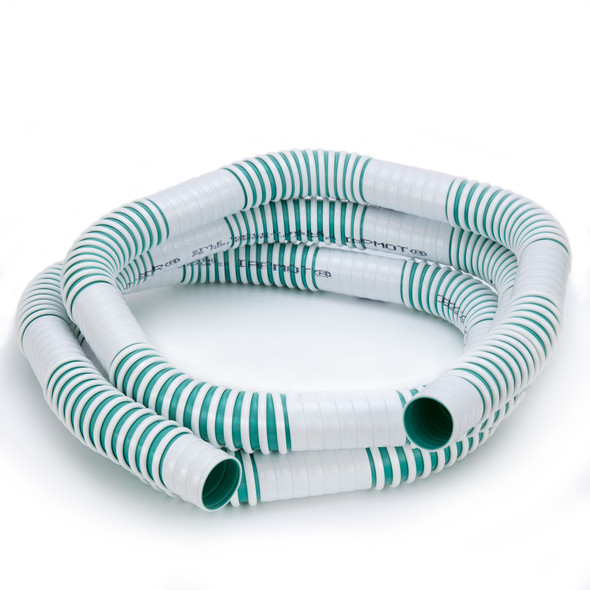
 $25.95
$25.95
 $59.95
$59.95
 $104.95
$104.95
 $92.95
$92.95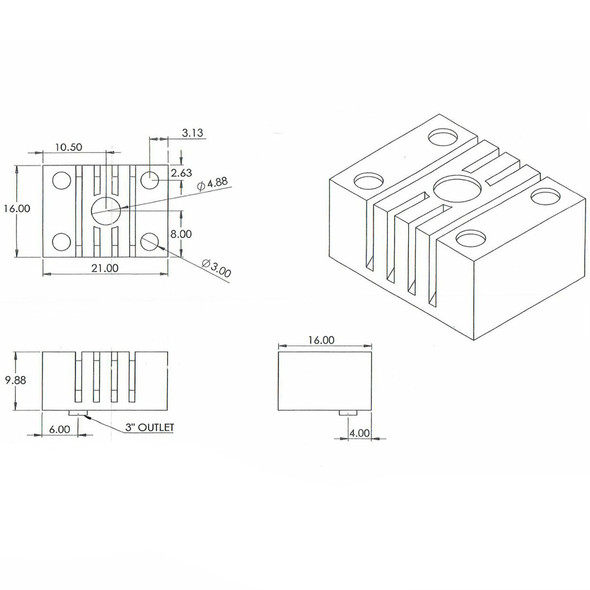
 $139.95
$139.95
 $23.95
$23.95
 $15.95
$15.95

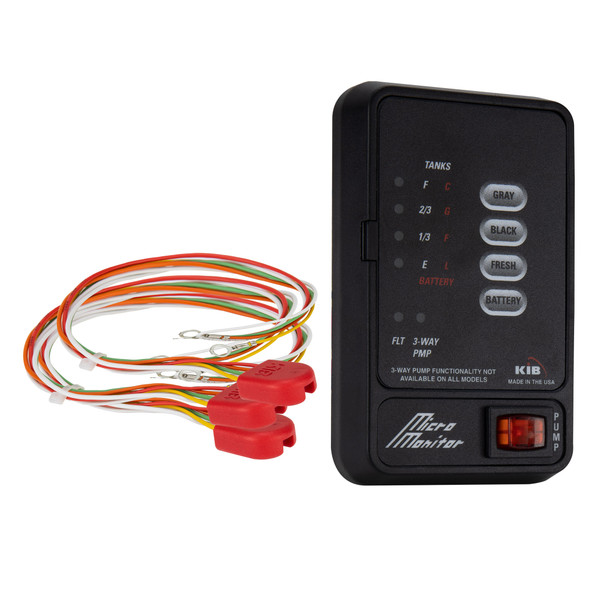
 $29.95
$29.95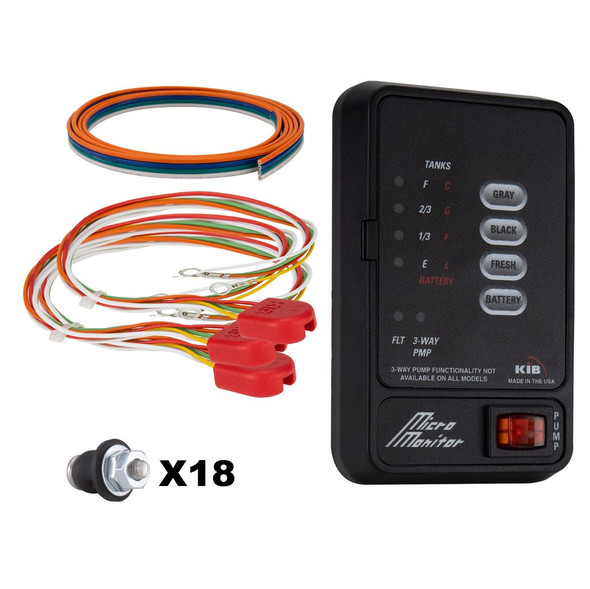
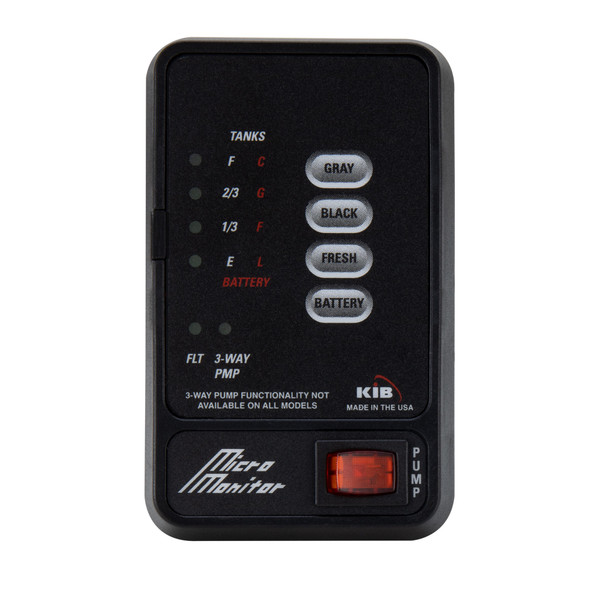 $64.95
$64.95
 $59.95
$59.95
 $51.95
$51.95
 $84.95
$84.95
 $10.95
$10.95

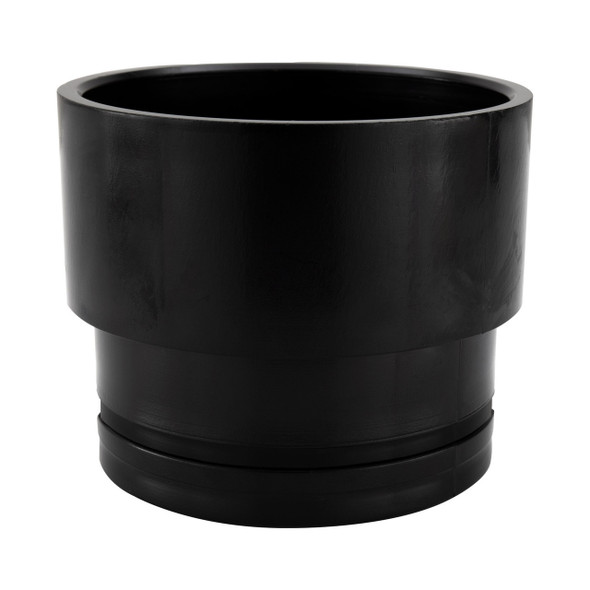
 $10.95
$10.95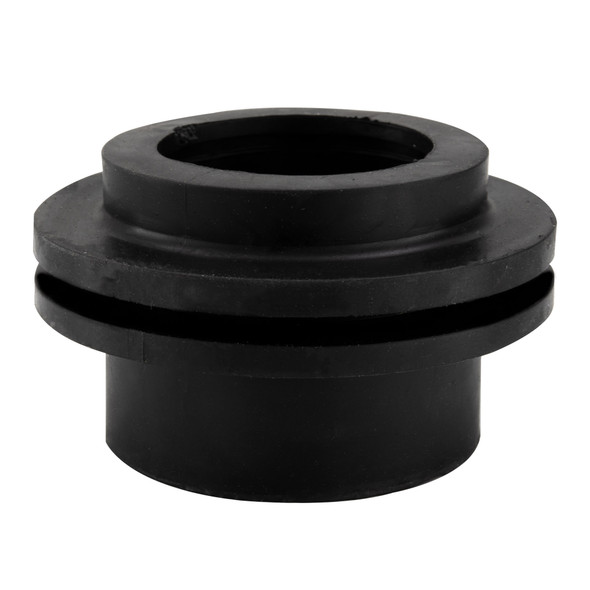
 $10.95
$10.95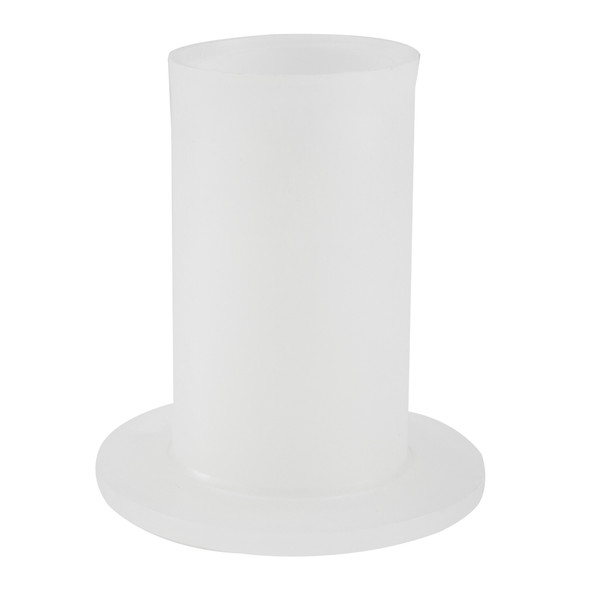
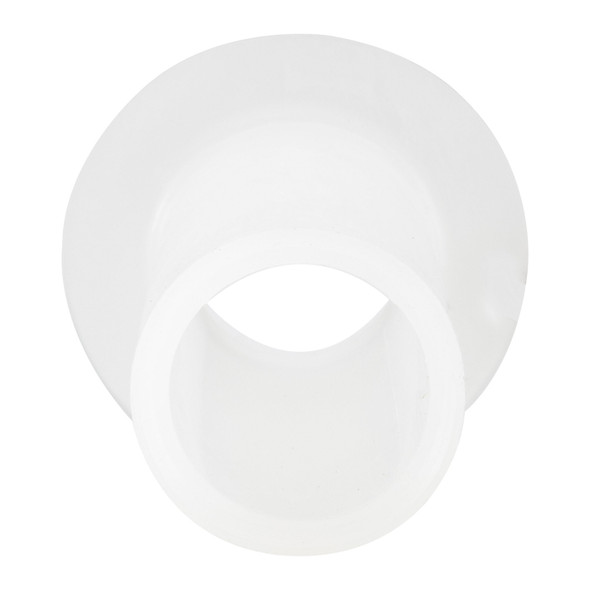 $12.95
$12.95
 $10.95
$10.95
 $10.95
$10.95 Explore one of the largest selections of RV water tanks on the market and find the right RV water tank for your rig at RecPro. RecPro has everything you need for your RV water system, including fresh water tanks, gray water tanks, and even black water tanks in sizes ranging from small and compact 5-gallon tanks to hefty 100-gallon RV water tanks and larger!
Explore one of the largest selections of RV water tanks on the market and find the right RV water tank for your rig at RecPro. RecPro has everything you need for your RV water system, including fresh water tanks, gray water tanks, and even black water tanks in sizes ranging from small and compact 5-gallon tanks to hefty 100-gallon RV water tanks and larger!